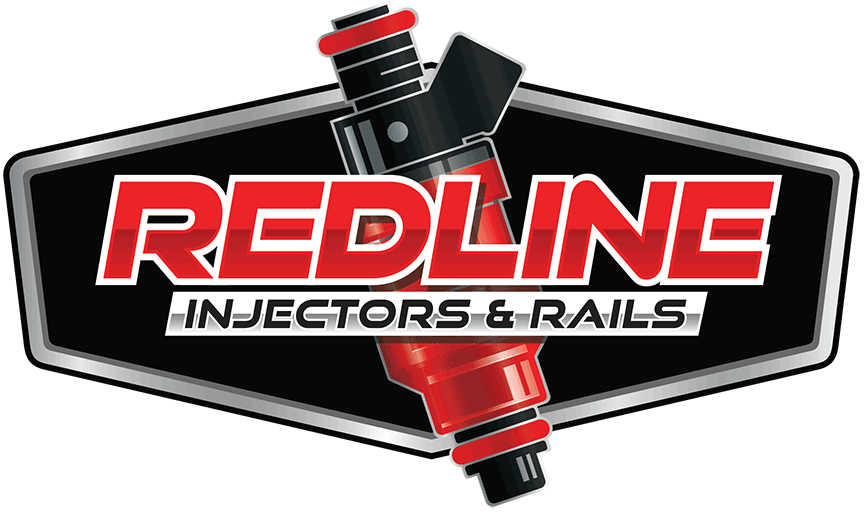No, DFI (Direct Fuel Injection) and GDI (Gasoline Direct Injection) injectors are not the same, although they are closely related and serve similar purposes. Here’s a breakdown of the differences and similarities:
- Terminology
- DFI (Direct Fuel Injection): A broader term that encompasses any fuel injection system where fuel is directly injected into the combustion chamber, bypassing the intake manifold. It can refer to gasoline or diesel systems.
- GDI (Gasoline Direct Injection): A specific type of direct injection system used in gasoline engines, where fuel is directly injected into the cylinder rather than the intake manifold.
- Fuel Type
- DFI: Can refer to both gasoline and diesel direct injection systems.
- GDI: Specifically refers to gasoline direct injection.
- Operating Pressure
- Diesel DFI Injectors: Operate at very high pressures (often exceeding 25,000 psi) because diesel engines rely on compression ignition, requiring finer atomization of the fuel.
- GDI Injectors: Operate at lower pressures (typically between 2,000 and 3,000 psi for most passenger vehicles) since gasoline engines rely on spark ignition and don’t require as much atomization.
- Injector Design
- Diesel injectors are built to withstand higher pressures and the characteristics of diesel fuel (which is denser and less volatile than gasoline).
- GDI injectors are designed for gasoline’s properties, focusing more on precision and efficiency in atomizing the fuel for spark ignition.
- Engine Applications
- DFI Injectors: Can be found in both diesel and gasoline engines, with specific designs tailored for each.
- GDI Injectors: Only found in gasoline engines.
Conclusion
While GDI injectors are a subset of DFI systems, they are not the same as diesel injectors. Each type of injector is engineered to meet the unique demands of the fuel and combustion process of its respective engine.
